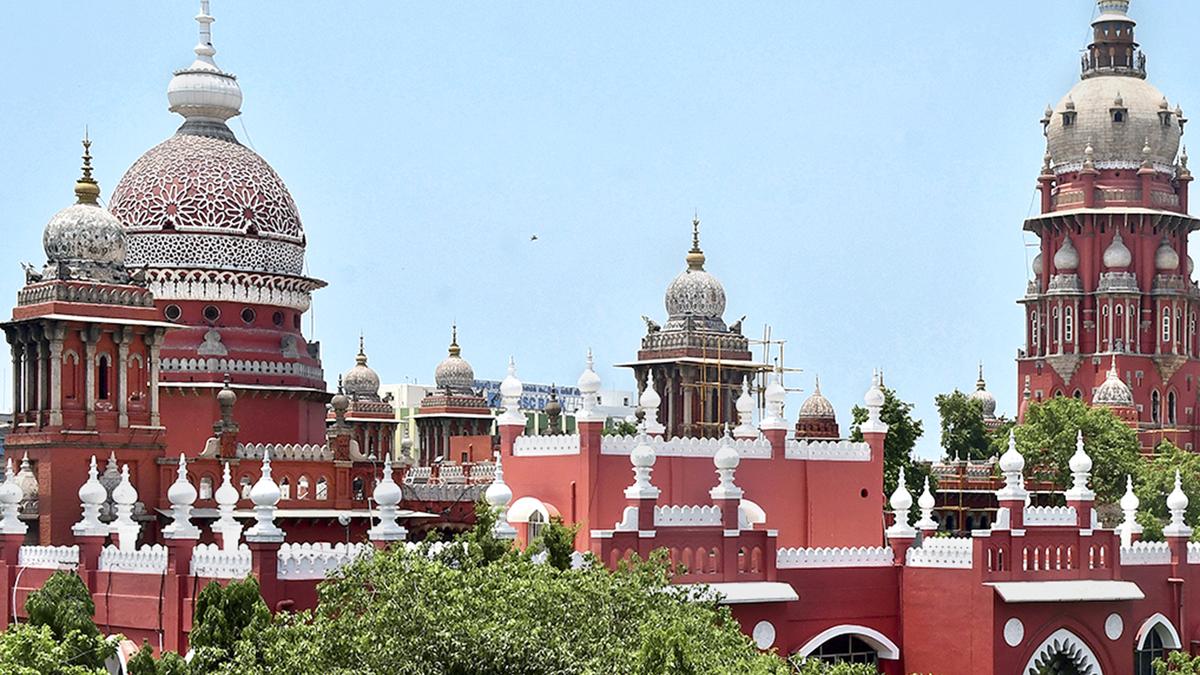
Madras High Court decides to maintain live database of its retired judges
The Hindu
With 13 of its judges due to retire in 2025, the Madras High Court on Friday (November 8, 2024) agreed to ensure that its Registry maintains a live database of all its retired judges so that it could be used for multiple purposes, including the appointment of ad hoc judges, if such a need arises.
With 13 of its judges due to retire in 2025, the Madras High Court on Friday (November 8, 2024) agreed to ensure that its Registry maintains a live database of all its retired judges so that it could be used for multiple purposes, including the appointment of ad hoc judges, if such a need arises.
Disposing of a public interest litigation (PIL) petition pending since 2016, the first Division Bench of Chief Justice K.R. Shriram and Justice Senthilkumar Ramamoorthy said the court’s Registrar General would be directed to maintain the live database if no such data was already being maintained.
The PIL petition had been filed by advocate V.B.R. Menon, who claimed that appointment of new judges had not solved the problem of docket explosion. He said though the High Court now had a working strength of 66 judges as against the sanctioned strength of 75, the backlog of cases had not decreased significantly.
Opposing the fixation of retirement age of 62 years for High Court judges and 65 for Supreme Court judges, the lawyer said it was a colossal national waste to stop utilising the rich experience gained by a judge over the years just because they had attained the age of superannuation.
He insisted that Article 224A of the Constitution, which permits the appointment of ad hoc judges, should not be made a dead letter, and that the Chief Justice must be given the discretion to decide upon utilising the services of retired judges in order to clear the mounting arrears of cases.
The lawyer also brought it to the notice of the Division Bench that a three-judge Bench of the Supreme Court had in April 2021 passed a detailed order for activating the dormant provision of Article 224A and permitting the appointment of ad hoc judges in High Courts for clearing the backlog.











